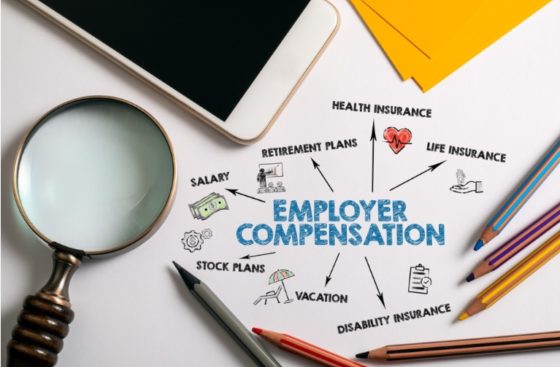In the Community
A Downgraded Currency
February 10, 2015Most of the time, when casual conversation turns to the state of the economy, there is talk of the stock market, interest rates, oil prices, cost-of-living increases and the comparative value of the dollar. While several measures of economic health are indeed on the rise, one critical currency has been downgraded or devalued and does not seem to be improving—that of a skilled labor force.
In a Washington Post article by Christopher Ingraham (September 12, 2014), it was noted that college “degree attainment is rising much faster in other developed countries” than in the U.S. This data, provided by the Organisation for Economic Co-operation and Development [OECD], also indicates that only three developed countries are beneath the U.S. in the percentage of “adults who have achieved a higher level of education than their parents did.” The U.S. is at about 30 percent on this measure, while Finland, for example, exceeds 50 percent. And high school graduation rates are terrifying: the U.S. graduation rate of 78.7 percent earned for us a position of 22 out of 29 countries surveyed by the OECD.
Why do students drop out or decline to pursue post-secondary education? There are many reasons, but some are more obvious and long-standing than others. The National Center for Education Statistics has studied high school students since the late sixties and, most consistently, household income impacts graduation rate. Generally low-income students are 2.4 times more likely to drop out than middle-income students, and more than 10 times more likely than high-income students. As more families fall into poverty, more students will drop out of school. Sometimes this is because students feel left out or isolated from peers; sometimes they get in trouble with the law; sometimes they struggle academically and are left behind. Often, they simply have no hope that a diploma can offer a better life, or that post-secondary education will ever be a financial possibility.
What is the impact on you? Are you aware that about half of those on public assistance are dropouts, as is 80 percent of the incarcerated population? There is not only the loss of productivity, but also the cost to the taxpayers—approximately $300,000 over the lifetime of a single dropout.
What can you do? The problems are large and require an attack on all fronts. From early childhood education, to mentoring and tutoring, to improving parental support of a learning culture, much needs to be done. But the hope of financial support to go to college or a technical program also needs to be there. And this is one way you can help.
Invest in education! The Community Foundation of the Lowcountry hosts an online Scholarship Directory that includes information about more than 40 (and growing) local and regional scholarships (cf-lowcountry.org/scholarships). At least 30 scholarship funds are housed at the Community Foundation of the Lowcountry; some are not yet available as they are building assets for the future. Last year our active funds distributed 150 separate scholarships totaling over $500,000! Contributions to any of our current scholarship funds are encouraged. Or a new named scholarship fund, reflecting your specific interests, may be established at any time. As little as $2500 can start a nonpermanent fund, or $5000 for a permanent, endowed fund. Imagine! A single scholarship may make the difference in a student being able to attend a certificate or degree program—which may make the difference in whether they are able to find employment sufficient to support themselves and/or their family—which may make the difference in such things as averting homelessness or criminal activity. And when one generation breaks out of a cycle of insufficient education/employment, it can impact and improve hope for future generations.
A critical component in our economic future is the continued growth is the currency of a skilled workforce. We all have a role to play in this regard. Please encourage students to research and apply for financial assistance, and live generously! It can make a difference for all of us—now and in the future.
Denise K. Spencer
President and CEO



